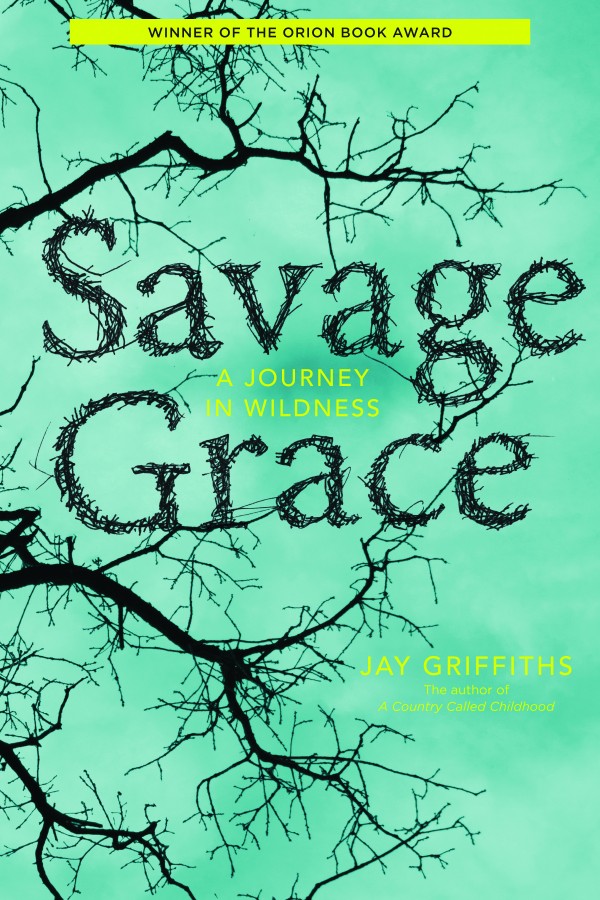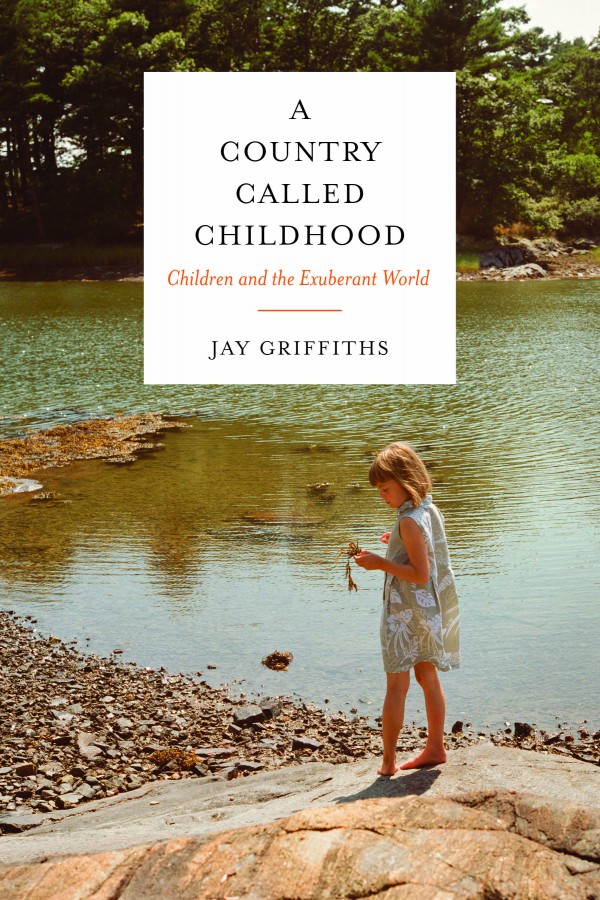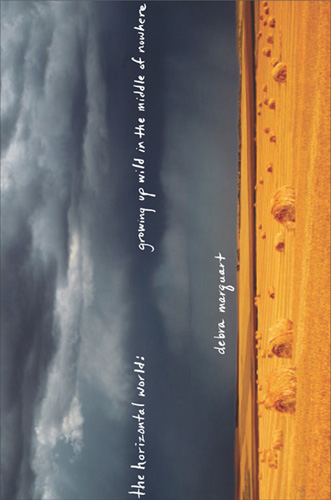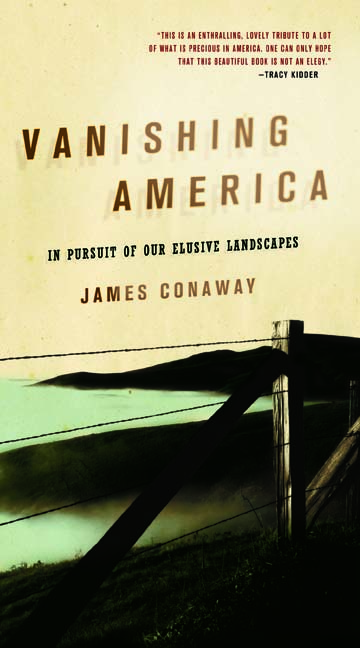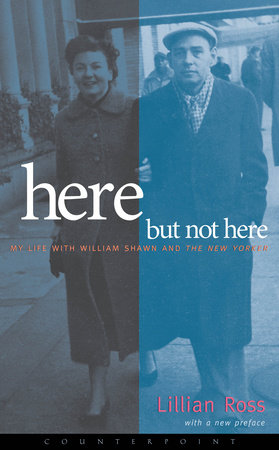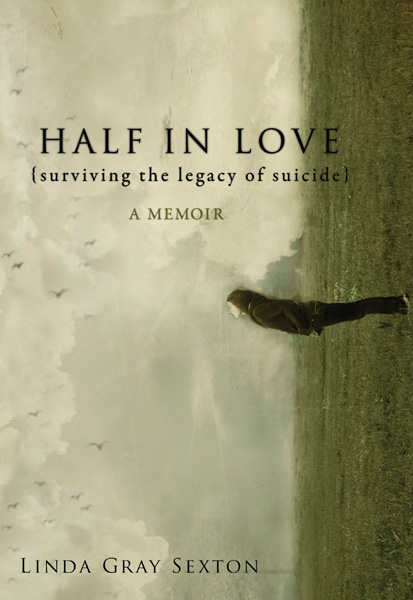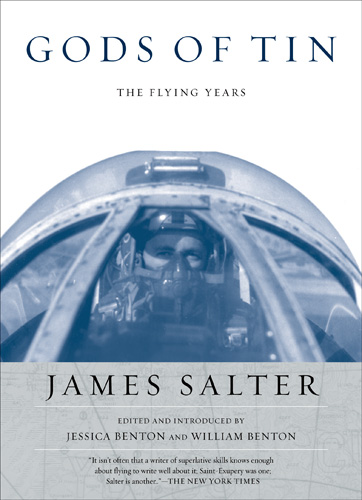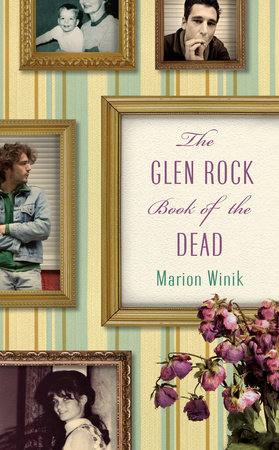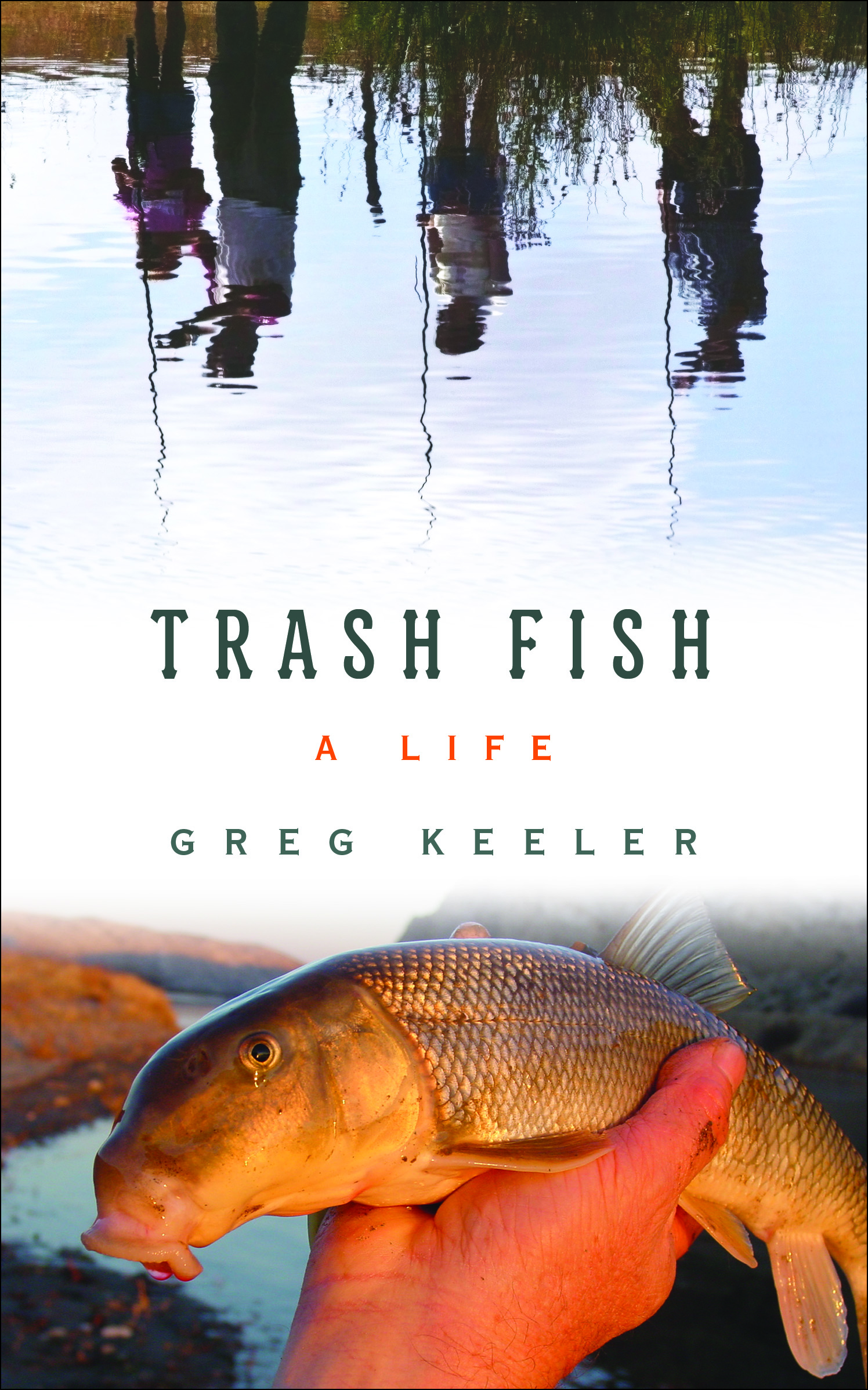
Tristimania
A Diary of Manic Depression
Jay Griffiths
On Sale: 06/13/2017 | $16.95
9781619029460 | Paperback 5-3/4 x 8-3/4 | 224 pages Buy it Now
On Sale: 06/07/2016 | $27
9781619027268 | Hardcover 5-1/2 x 8-1/4 | 224 pages Buy it Now
Book Description
“There are galaxies within the human mind, and madness wants to risk everything for the daring flight, reckless and beautiful and crazed. Everyone knows Icarus fell.But I love him for the fact that he dared to fly. Mania unfurls the invitation to fly too high, too near the sun…”
Tristimania is a stark and lyrical account of the psyche in crisis. It tells the story of a devastating year–long episode of manic depression, culminating in a long solo pilgrimage across Spain. The book is rare in recording the experience of mania and shows how the condition is at once terrifying and also profoundly creative, both tricking and treating the psyche. In exploring its literary influence, Griffiths looks at Shakespeare’s work, and examines the Trickster role, tracing its mercuriality through the character of Mercury. An intimate, raw journey, the book illuminates something of the universal human spirit.
Praise For This Book
“Her book – which recounts a bruising year of being held captive by bipolar disorder, feeling alternately suicidal then high as a helium balloon, and enduring a hyperventilating, crushing, terrifying insanity – is an education in the history, mythology and poetics of madness, in all its wildness and glaring neon. Griffiths is a high–wire writer who performs the difficult trick of taking you into the depths of her madness ('I could feel my mind on a slant, every day more off–kilter, every night sleeping less') while managing to remain a completely reliable guide... Griffiths's subtle point is that in madness we live inside metaphors that offer a parallel understanding of what is real that is no less valid than any other, only less tenable. And they don't help one jot when you're hallucinating. Griffiths is an exciting and original thinker and her writing simply shimmers. Yet it also does sturdy duty by a certain kind of self–exposure – not the rambling, spilling, splurging of truths too long dammed up; and not the fetishised 'candour' that passes for honesty and that publishers' press releases call 'heart–wrenching', 'devastating' or 'searing'. This is self–exposure of a higher order.” —The New Statesmen“Art and madness have always shadowed each other. Tristimania traces the shadow to its source and watches as it grows long. This is one of the bravest books I've read in a long time.”—Paul Kingsnorth, Man Booker Prize finalist and author of The Wake
“A book of terrible beauty; a dazzling testament to the moral and literary power of brokenness. I cried, shivered, and then laughed in gratitude for Griffiths's sheer bloody nerve.”—Charles Foster, author of Being a Beast
“A searing account of what it can feel like to be swallowed up by a major mental illness.”—Iain McGilchrist, author of The Master and His Emissary
“Griffiths invites us to follow her down the rabbit hole of the human mind, stretching back centuries to show how the world, our own psyche and language are all deeply connected. Her unique gift of language and wit are utterly captivating.”—Nikolai Fraiture, The Strokes
“A visceral account of the turmoil experienced within a manic–depressive breakdown. . . Griffiths is a skilled writer who ably harnesses this flood of emotions and thoughts . . . “—Kirkus
“There is a bounty—nay, an excess—of erudition in this book.” —New Welsh Review








